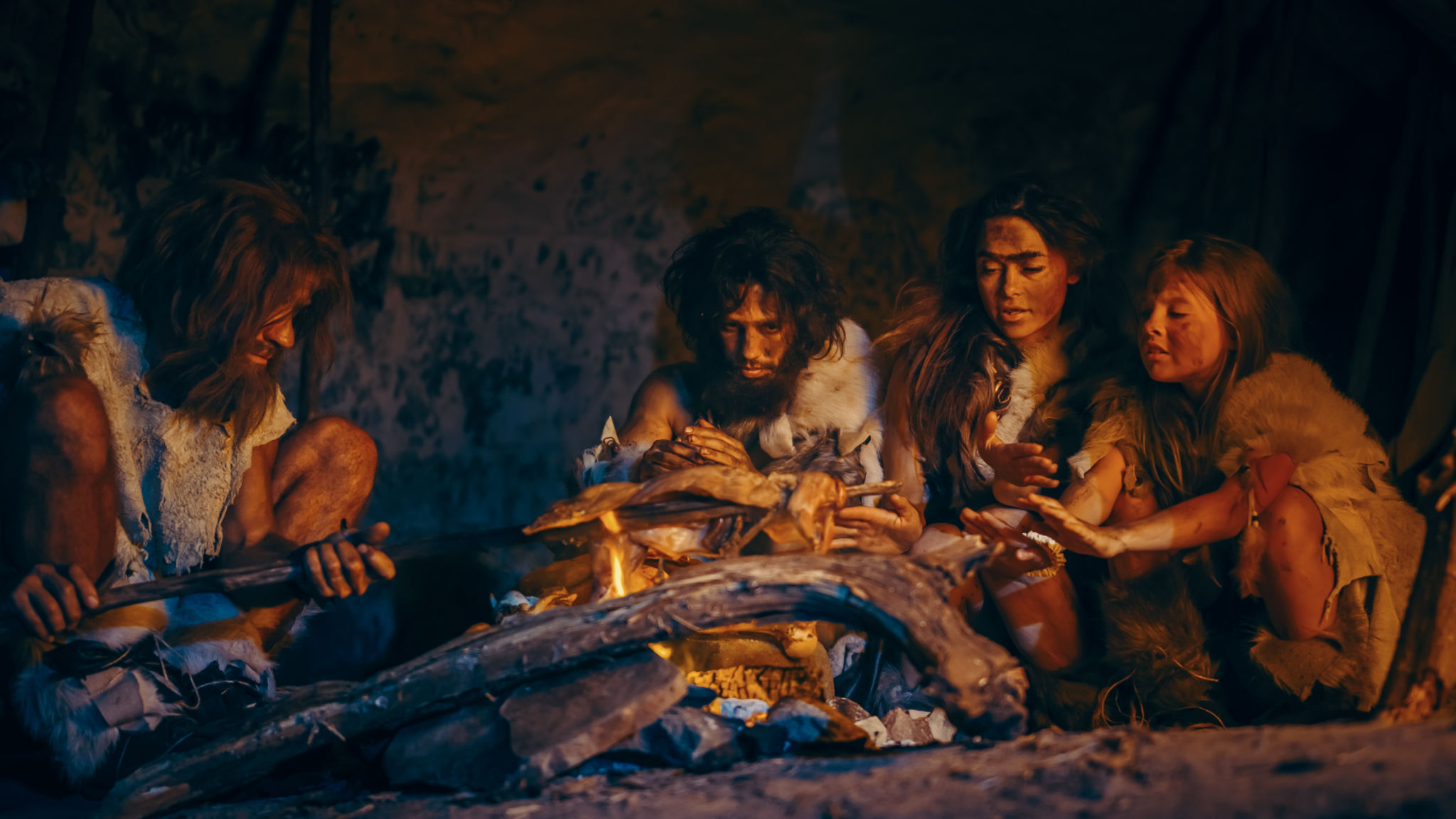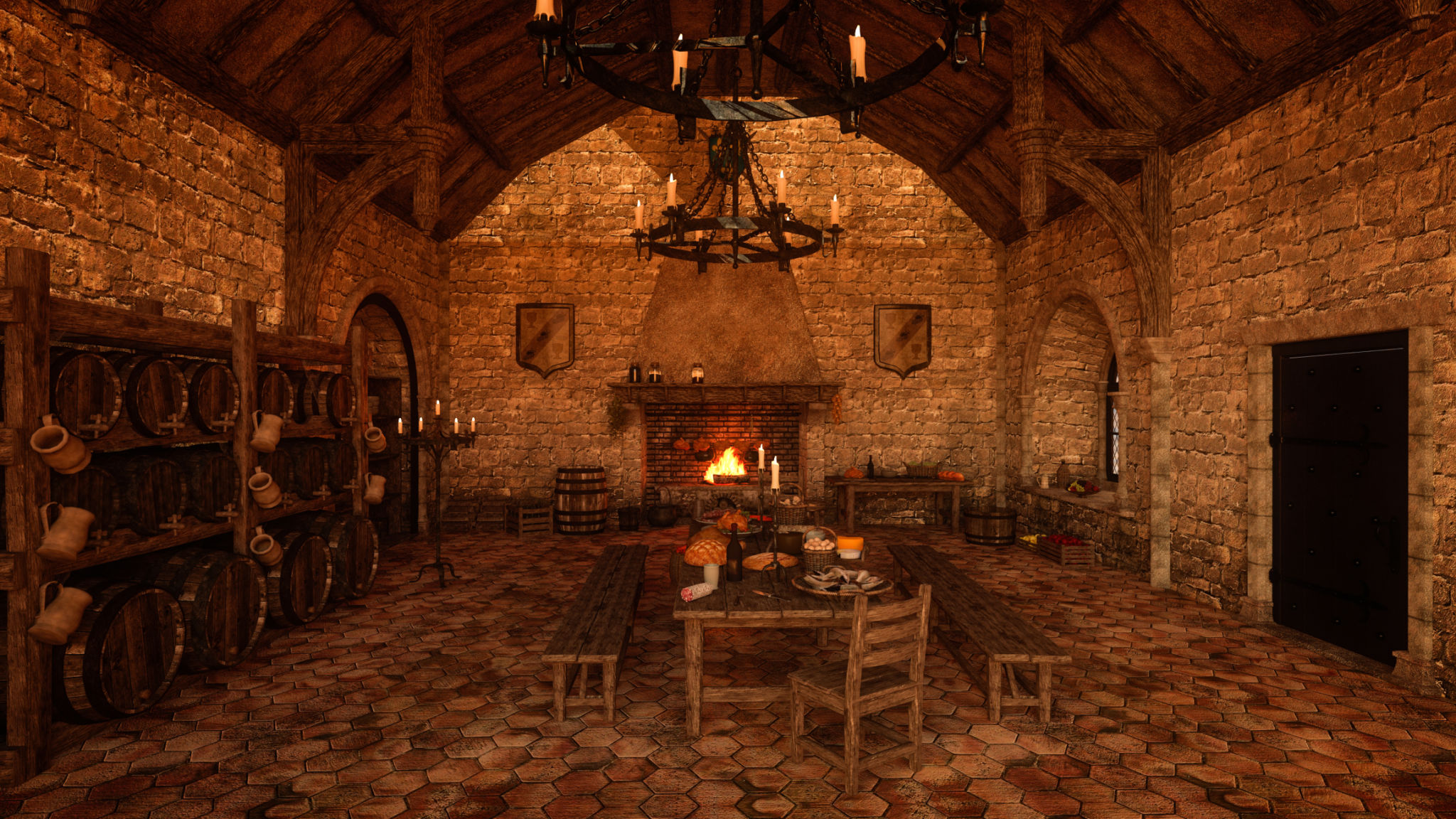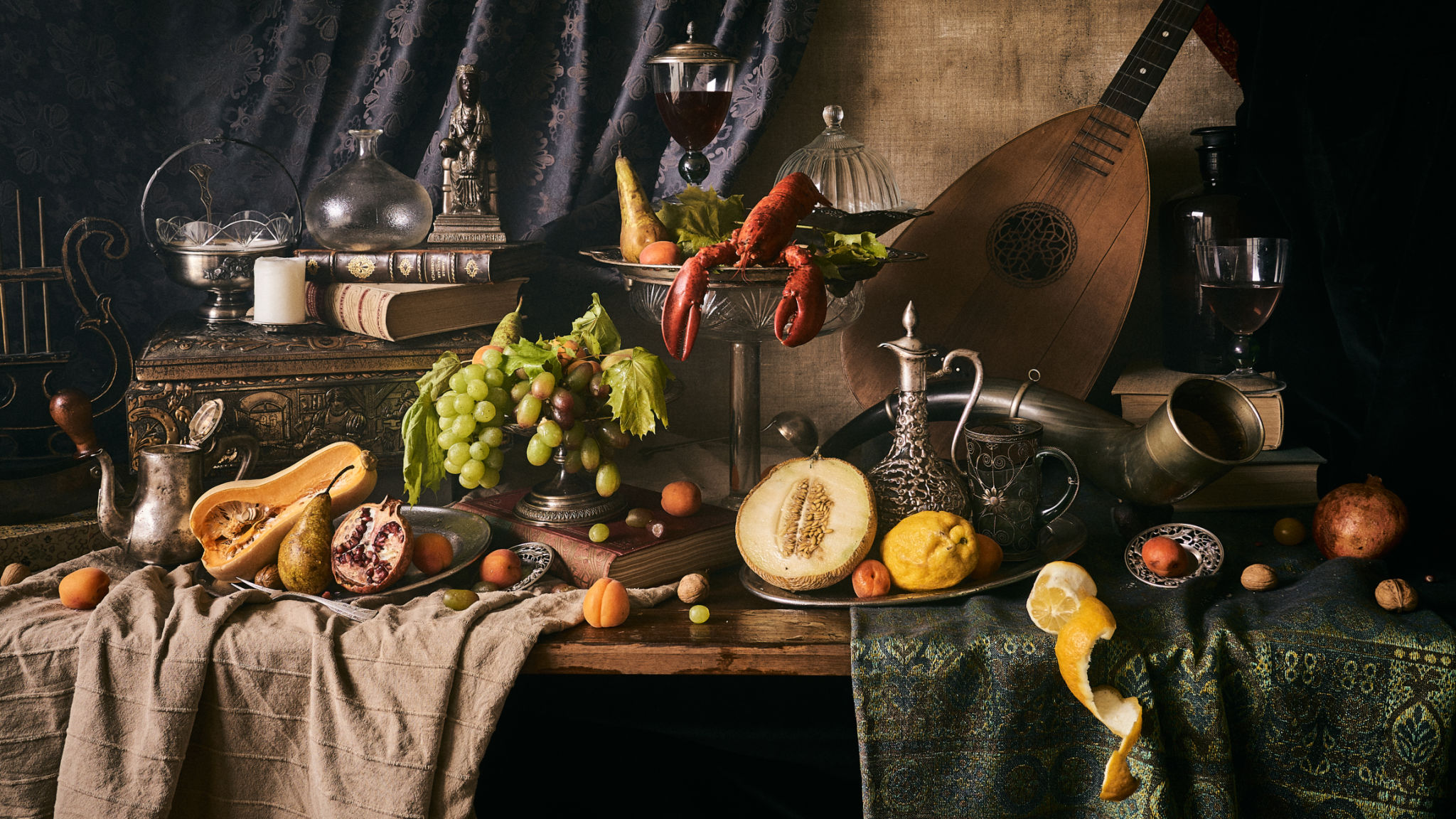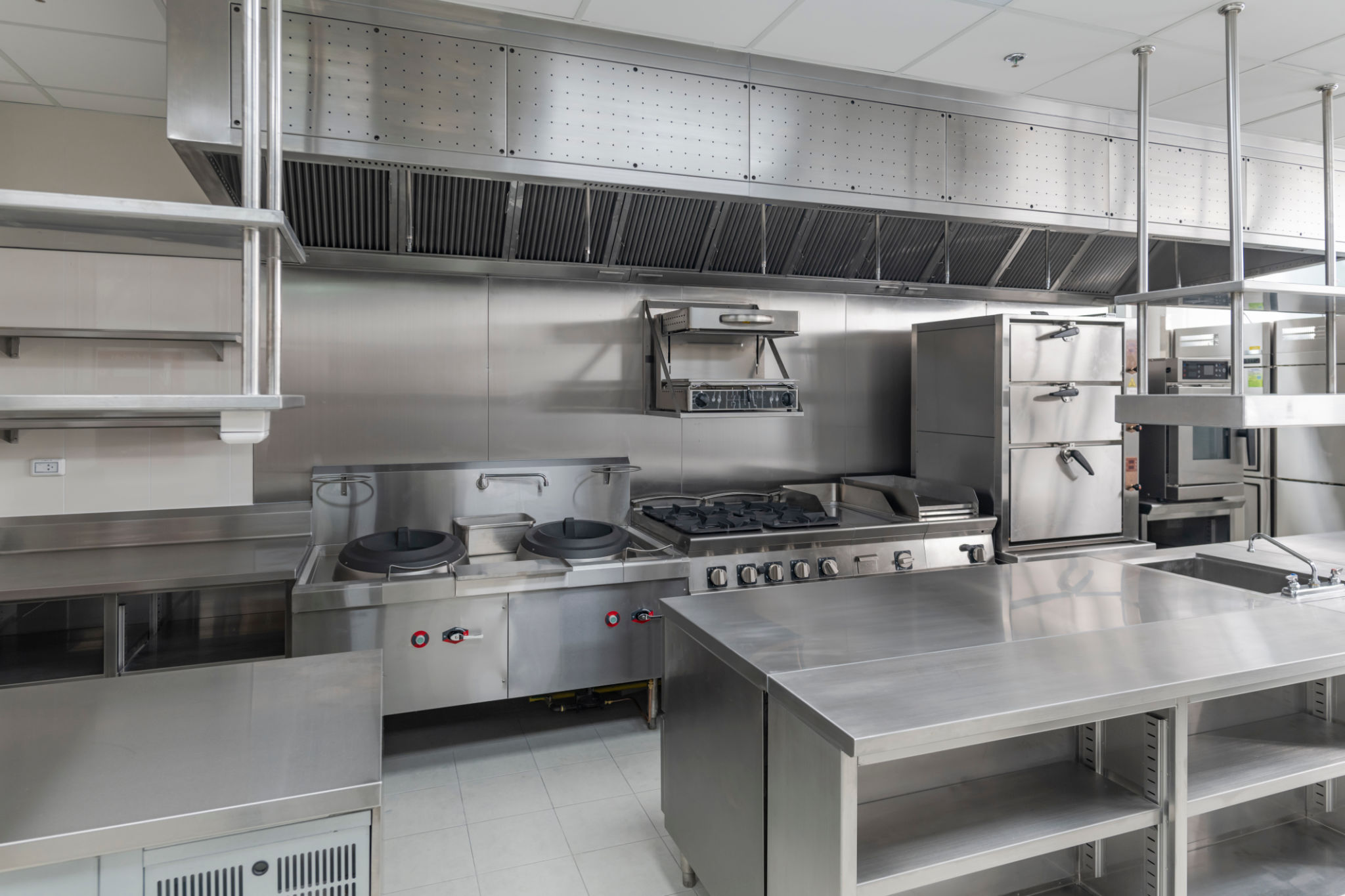Cooking Through the Ages: A Historical Journey of Time-Tested Recipes
The Dawn of Culinary Arts
The art of cooking has evolved alongside human civilization, transforming from mere survival to an expression of culture and artistry. Early humans discovered the benefits of cooked food, which led to the development of primitive cooking techniques. This period marked the beginning of a journey that would see the evolution of cooking into the diverse culinary arts we know today.
In ancient times, cooking was primarily about survival. The discovery of fire was a turning point, allowing early humans to cook meat and plant matter, making them easier to digest and more nutritious. This era laid the foundation for what would become a rich tapestry of culinary traditions.

Medieval Times: The Rise of Spices
The medieval period brought a significant shift in cooking practices, primarily due to the introduction of spices from the East. These valuable commodities not only enhanced flavor but also became a symbol of wealth and status. Spices like saffron, cinnamon, and black pepper were highly sought after, influencing both trade and cuisine.
During this time, cooking became more sophisticated, with the emergence of new techniques and recipes. The use of herbs and spices in cooking was not only for taste but also for their perceived health benefits. This period saw the development of many recipes that are still enjoyed today.

The Renaissance: A Culinary Revolution
The Renaissance was a period of great change and innovation, reflected in the culinary arts. This era saw the introduction of new foods from the New World, such as tomatoes, potatoes, and corn. These ingredients revolutionized European cooking and expanded the possibilities for chefs and home cooks alike.
Cookbooks became more widespread during this time, allowing for the dissemination of recipes and cooking techniques. The Renaissance marked the beginning of a more scientific approach to cooking, laying the groundwork for modern culinary practices.

The Industrial Era: Convenience and Change
The Industrial Revolution brought about profound changes in society, including significant shifts in cooking and food consumption. The advent of canned foods, refrigeration, and mass production made it easier to store and prepare food, leading to greater convenience in cooking.
This era also saw the rise of fast food and processed foods, changing eating habits worldwide. While these innovations provided convenience, they also sparked conversations about nutrition and health that continue to this day.
Key Innovations
- Canned foods for longer shelf life
- Refrigeration for fresh storage
- Mass production techniques

Modern Cuisine: Fusion and Innovation
Today, cooking is a blend of tradition and innovation. The culinary world embraces fusion cuisine, where chefs combine elements from different cultures to create new flavors and experiences. This trend reflects a globalized world where ingredients and techniques cross borders with ease.
Modern technology has also influenced cooking, with advances such as sous-vide and molecular gastronomy offering new ways to explore flavors and textures. The focus on sustainability and health-conscious eating has further shaped contemporary culinary trends.

Conclusion: A Timeless Journey
Cooking through the ages is a testament to human ingenuity and adaptability. From ancient fireside meals to today's cutting-edge culinary techniques, each era has contributed to the rich tapestry of flavors we enjoy today. As we continue this journey, it's important to celebrate our culinary heritage while embracing new innovations that enrich our lives.
The story of cooking is far from over, as each generation adds its own chapter to this ongoing saga. Whether you're savoring a time-tested recipe or experimenting with modern flavors, you're part of a historical tradition that connects us all through the love of food.